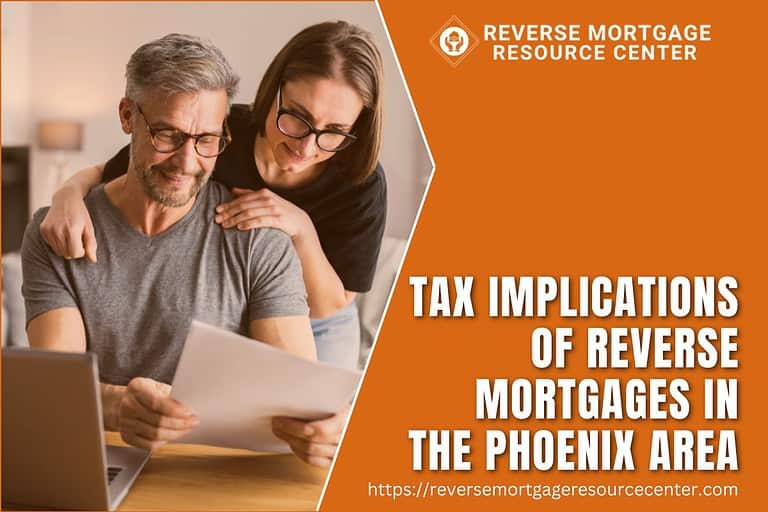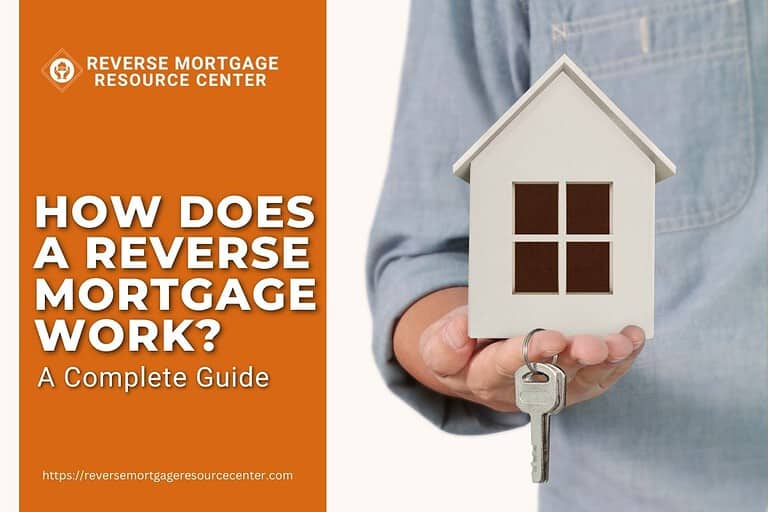Supporting Utah Veterans: Benefits of Reverse Mortgages
As Utah seniors face the rigors of retirement, veterans frequently face special financial problems. While many veterans have access to certain benefits and pensions, it is not uncommon for some to require additional financial assistance. Reverse mortgages can be a significant resource for Utah veterans, providing a variety of perks that can assist in relieving financial stress and improving one’s overall quality of life in retirement. This comprehensive post will examine the benefits of reverse mortgages for Utah veterans and how this financial tool can help them in their senior years.
Understanding Reverse Mortgages
Before we get into the specific benefits for Utah veterans, let’s define a reverse mortgage. A reverse mortgage is a lending product that allows homeowners 62 and older to turn a portion of their home equity into cash without selling their house or paying monthly mortgage payments. Unlike a regular mortgage, where the borrower makes monthly payments to the lender, the lender pays payments to the borrower with a reverse mortgage.
Home equity conversion mortgages (HECMs), insured by the Federal Housing Administration (FHA), and proprietary reverse mortgages, which private lenders issue, are two types of reverse mortgages. The individual’s demands and circumstances determine the reverse mortgage product of choice.
Benefits Tailored for Veterans
The potential to supplement retirement income is one of the key benefits of a reverse mortgage for Utah veterans. Many veterans rely on fixed pensions or Social Security benefits, which may not be enough to support their retirement needs. Veterans can use a reverse mortgage to access the equity accumulated in their homes over time, providing a consistent income stream. This additional income can be utilized to pay daily expenses, medical bills, or unexpected emergencies, resulting in a more pleasant retirement.
Specific Benefits for Utah Veterans
Home Equity Access Without Selling
Many veterans place significant sentimental importance on their homes. It’s where they’ve made memories and frequently represents a sense of security. Veterans can use a reverse mortgage to access the equity in their home without selling it. This implies they can stay home while utilizing the funds for other purposes. Maintaining this connection to their home and community might be essential for Utah veterans.
No Impact on VA Benefits
Some veterans get benefits from the United States Department of Veterans Affairs (VA), and they may be concerned that obtaining a reverse mortgage could jeopardize their status. The good news is that a reverse mortgage usually does not affect VA benefits such as disability compensation or pensions. This enables veterans to benefit from their VA benefits and the added income from a reverse mortgage, giving them more financial security.
No Monthly Mortgage Payments
Traditional mortgages necessitate monthly payments, which can be too expensive for seniors on a fixed income. In contrast, reverse mortgages do not demand monthly payments as long as the homeowner continues to live in the home, pays property taxes, and maintains homeowners insurance. This option is especially useful for veterans struggling to meet their monthly mortgage payments.
Flexibility in How Funds Are Used
Utah veterans have a wide range of financial needs, and a reverse mortgage allows them to meet them. Veterans can utilize the funds from a reverse mortgage to make home modifications, cover medical bills, pay off current obligations, or improve their quality of life in retirement. This freedom allows veterans to make financial decisions tailored to their circumstances and ambitions.

The Reverse Mortgage Process
To truly appreciate the advantages of reverse mortgages for Utah veterans, you must first understand how the process works.
Qualifying for a Reverse Mortgage
To qualify for a reverse mortgage, veterans must meet certain conditions, including being at least 62 years old and having adequate home equity. While credit ratings and income are not typically examined when applying for a reverse mortgage, veterans must attend counseling to fully grasp the loan’s terms and effects.
Loan Disbursement Options
Veterans can pick how to receive their reverse mortgage cash once approved. They can choose between a lump sum payment, a credit line, monthly payments, or a mix of these choices. This adaptability enables veterans to personalize their reverse mortgages to meet their financial needs and preferences.
Repayment of the Loan
Any loan balance must be repaid when the homeowner(s) no longer live in the home. This can happen if they sell the house, move to another address, or pass away. The loan balance, including accrued interest, becomes payable at that point. On the other hand, the homeowner or their heirs can repay the debt with the proceeds from the sale of the home or by refinancing.
Important Considerations
While reverse mortgages have significant advantages, Utah veterans should know certain important considerations.
Interest and Fees
Interest rates and expenses on reverse mortgages can affect the final cost of the loan. Veterans must understand these fees and how they may influence their home equity over time. A financial advisor can assist veterans in making educated decisions.
Maintaining Homeownership Responsibilities
Veterans with a reverse mortgage must continue paying property taxes, keeping homeowners insurance, and maintaining the property in excellent shape. Failure to meet these obligations may result in the loan owing and payable.
Estate Planning
Veterans who intend to leave their house to their heirs should examine the effects of a reverse mortgage on their estate. While heirs can inherit the home, they must repay the reverse mortgage sum to keep ownership. Estate planning ensures that assets are transferred smoothly to the next generation.
REVERSE MORTGAGE RESOURCE CENTER ~LIVE LIFE ON YOUR TERMS~
Our Lending Team has been serving our clients since 2004. We are passionate about serving our clients with integrity to help them achieve their financial goals.







